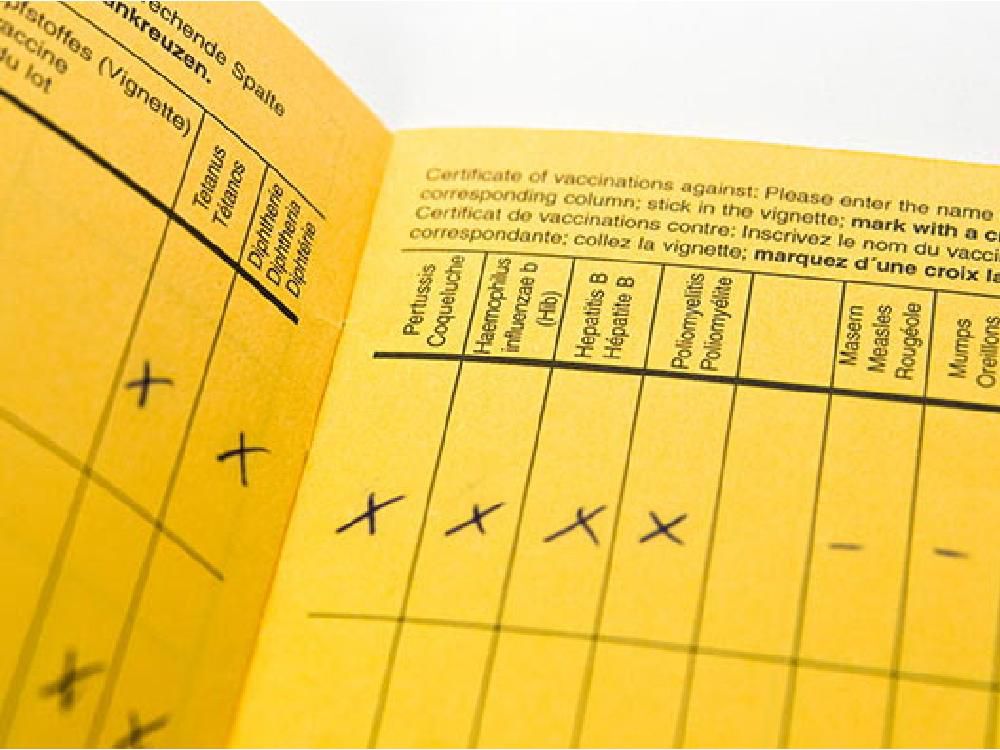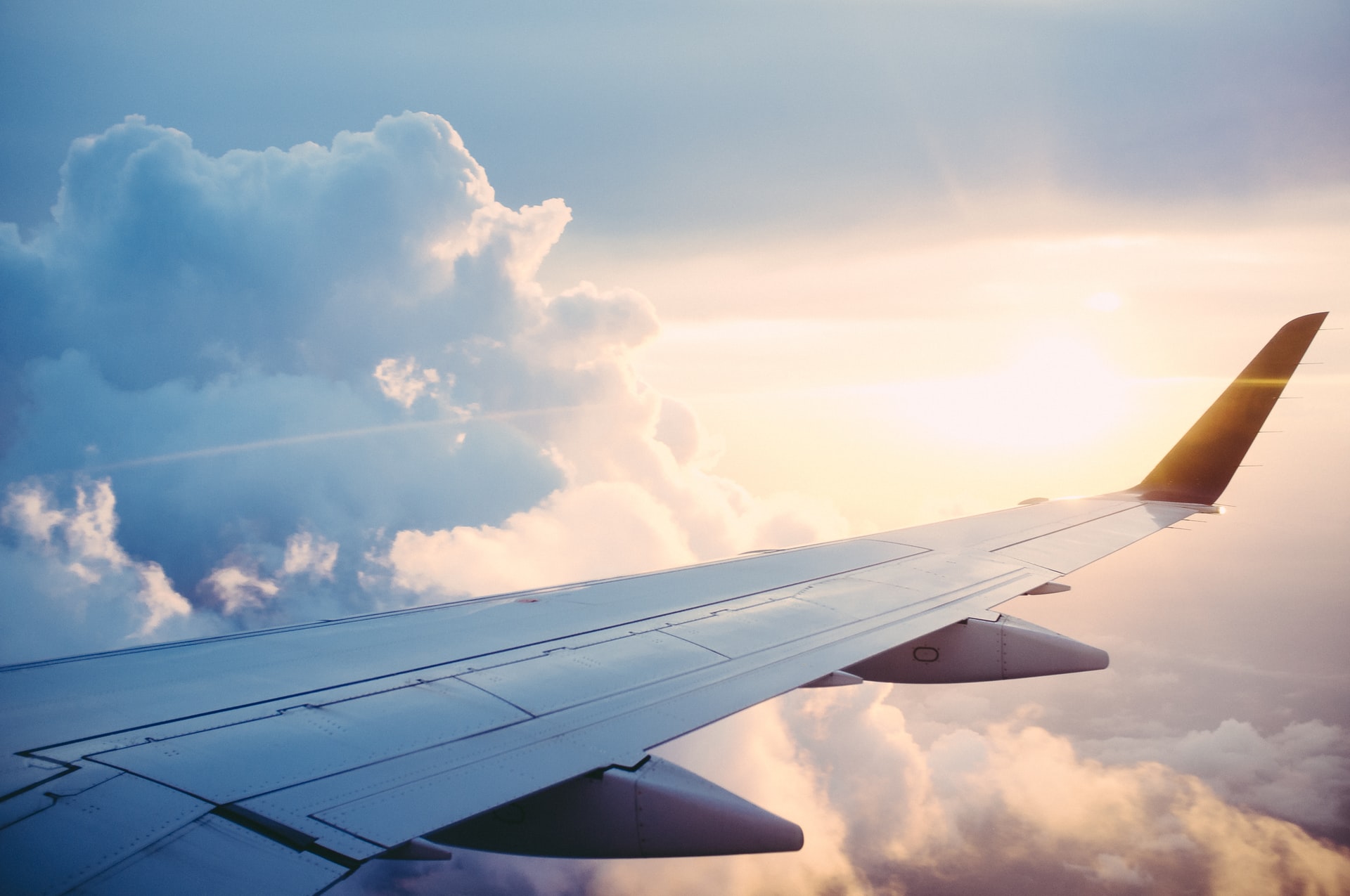This article has been reviewed by Wego’s editorial team to ensure that the content is up to date & accurate.
Updated 15 January 2021
COVID-19 vaccinations have begun to roll out in numerous countries around the world. For a lot of people, the country-wide administering of the COVID vaccine has been a cause for hope that life will gradually return to the beautiful normalcy as it once was and as it should be.
Inevitably, the discussion is now beginning to shift to the privileges that come with vaccination. Specifically regarding travel; the question revolves around vaccine requirements for flying in 2021; will we need to get ourselves vaccinated in order to board a flight?
While a definitive answer may still elude us, let us take a look at what we do know so far and attempt to draw some reasonable conclusion.
What do we know so far?
We do know that the question of whether or not COVID vaccination should come with its set of privileges is a polarizing one. There are those who aren’t planning on getting themselves vaccinated for COVID for a variety of reasons.
Such reasons may extend to allergies and possible medical complications, some may question the safety of the vaccine due to the seemingly rushed development process, and some may even reject the vaccine due to religious reasons.

Image © ottawacitizen.com
While some countries have also required travellers to provide proof of certain vaccinations, for example, proof of yellow fever vaccination to enter some African and South American countries, the aforementioned reasons would continue to spell resistance against COVID vaccination.
However on the flip side, more and more people will be getting vaccinated in the coming weeks and months as governments worldwide commence their respective vaccine drives. While there’s no way to know for certain, it stands to reason that once the COVID vaccine has seen widespread use, airlines and governments alike would be more than likely to ask for proof of COVID vaccination as an effort to safeguard the public health.
What do airlines think?
Qantas was left in the spotlight last November when they announced the possibility of them requiring proof of vaccination from their passengers. The vaccination certificate would allow passengers to avoid the dreaded 14-day quarantine which is believed to be the key to restarting international travels.

Image © unsplash.com
Delta Airlines has stated through its CEO, Ed Bastian, that COVID vaccine is the key to turning back the pandemic. Even so, Bastian maintains that his company will continue to focus on in-flight health and hygiene protocols, which includes masks, regular testing, self-assessment for symptoms, social distancing, and cleaning
Other airlines have stated that their COVID vaccine policy would ultimately depend on how governments approach the issue. The likes of Korean Air and Air New Zealand share the notion that this is not something for them to independently decide.
Airports Council International (ACI), which represents airports worldwide, has stated their support for a choice between testing or vaccination. The ACI argues that imposing a blanket rule regulating mandatory pre-flight inoculation would potentially be as damaging as imposing quarantines, pointing out that a considerable period remains before the vaccine is available worldwide.
Another airline trade group, the International Air Transport Association (IATA) has yet to take an official position, although it has been advocating testing in lieu of quarantine. IATA is also currently developing its digital Travel Pass at an unprecedented pace as an attempt to modernize and digitalize the existing vaccination documentation system.
Do I need COVID vaccine to fly in 2021?
Our guess would be: most likely.
Airlines and governments are desperate for a globally recognized regulation that would enable passengers to avoid on-arrival quarantine and feel more confident about traveling once again. While it’s still too early to tell, requiring passengers to provide proof of COVID-19 inoculation would in theory allow for the removal of travel bans between countries and thereby spurring international travel.













